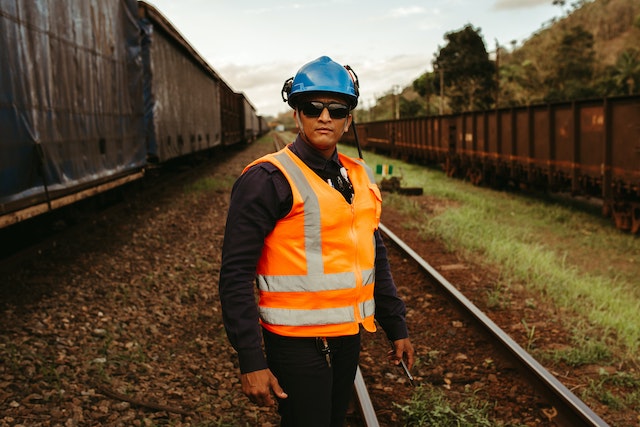
We are often contacted by non-smoking railroad workers who are completely surprised by a diagnosis of lung cancer. Generally, people think of lung cancer as a cigarette smoker’s disease, but the CDC estimates that 10-20% of all lung cancers are diagnosed in people who never smoked, or smoked less than 100 cigarettes in their life.
While cigarette smoking is implicated in many lung cancer diagnoses, there are many other risk factors for developing lung cancer, including occupational exposures to asbestos, diesel exhaust, silica and chromium. We have represented railroad workers from the B&B department, train & engine service and other crafts who have never smoked, yet have been diagnosed with lung cancer. These workers have always been able to identify significant occupational exposures to these toxic substances.
A conductor or engineer may have breathed in diesel exhaust throughout their career, or breathed in silica sand from the locomotive sanders; a laborer in the B&B department may have worked with renovating old railroad buildings with asbestos insulation or flooring; a trackman may have been exposed to silica from dumping ballast, or operating a ballast regulator; a signalman/signal maintainer may have had exposure from drilling asbestos boards, and standing near running track equipment; a carman may have had welding exposures including metals and metal dusts, as well as asbestos exposures from the shop. Even workers who smoked cigarettes may have been put at an even greater risk due to synergy between occupational exposures and cigarette smoke.
After the initial shock of a diagnosis, a railroad worker may be able to think back on his or her career and identify these occupational exposures. Some of these exposures cause the DNA to mutate or change, others may make it harder for the body’s defense mechanisms to work to stop cancer from developing.
Our office understands the stigma that is associated with a diagnosis of lung cancer. Whether you smoked or didn’t, your diagnosis is not your fault. If you or a loved one are a railroad worker who has been diagnosed with lung cancer after a career of exposures, contact our office today.





